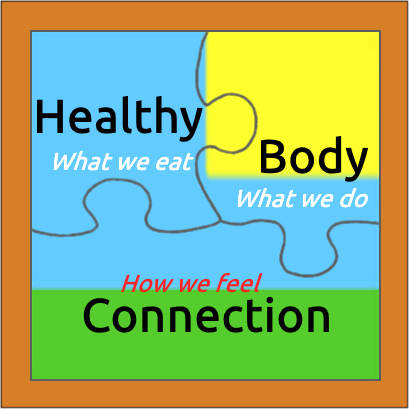The benefits of a ketogenic diet
- Promotes weight loss. Studies have shown that people on a low carb diet tend to lose more weight than those following a higher carb diet.
- Reduced hunger. People following a keto diet generally experience less hunger and more satiety than those following a high carb diet.
- Higher metabolism. The ketogenic diet improves metabolism.
- Improves A1C and insulin sensitivity. Diabetic people who follow a ketogenic diet need to be carefully monitored by their doctors, so that medications can be lowered and removed as necessary, to prevent hypoglycemia.
- Lowers risk of certain cancers. High blood sugar and insulin resistance increases the risk for some types of cancer. Additionally, many cancer patients adopt a ketogenic diet as part of their overall treatment protocol, because many cancers feed on sugar. Studies have found that a ketogenic diet also helped protect people undergoing traditional cancer therapy, by lowering the degree of side effects such as nausea and fatigue.
- Promotes heart and organ health. High levels of blood sugar damages the vascular system and the organs. A ketogenic diet lowers blood sugar levels, thereby reducing the risk for this kind of damage. Additionally, elevated blood pressure, or hypertension, is a significant risk factor for many diseases, including heart disease, stroke, and kidney failure. A ketogenic diet effectively lowers blood pressure, aiding in the prevention of these types of diseases.
- Improves brain function and health. The ketogenic diet was originally created and prescribed therapeutically, as a way to help epileptics reduce the amount of seizures they had. It was especially successful in children, and it seems to have a calming effect on the brain. Many doctors and scientists believe that a ketogenic diet can be useful in treating brain disorders like Parkinson’s disease and Alzheimer’s. Alzheimer’s disease is believed to be another manifestation of insulin resistance, since the brain is no longer able to efficiently use glucose for food. During Alzheimer’s, the brain is literally starving, and thus begins to lose function. Ketones, which are produced on a ketogenic diet, are able to pass through the blood brain barrier and nourish the brain. Additionally, studies have found efficacy in the use of a ketogenic diet for treating people with autism.
- Improves energy levels and stamina. Studies have shown that athletes who follow a low carb, ketogenic diet have remarkably improved stamina during endurance exercises, such as rowing.
- Reverses fatty liver disease. A buildup of fat in the liver causes a condition known as called non-alcoholic fatty liver disease (NAFLD). 1 in 3 adults and 1 in 10 children in America have NAFLD. Non-alcoholic fatty liver disease can progress into non-alcoholic steatohepatitis (NASH), which can cause cirrhosis of the liver. For more information on NASH, click here.
- Improves gut health. A ketogenic diet helps promote symbiosis, or harmony, in your gut, by allowing the good bacteria to flourish while keeping the parasitic bacteria (the sugar and carb loving bacteria) from over populating. This is important, because our gut bacteria, also known as the microbiome, plays an important and far-reaching role in our overall physical and mental health. If you’d like more detailed information on the microbiome, you can read all about it in my book Healthy Body Connection.
